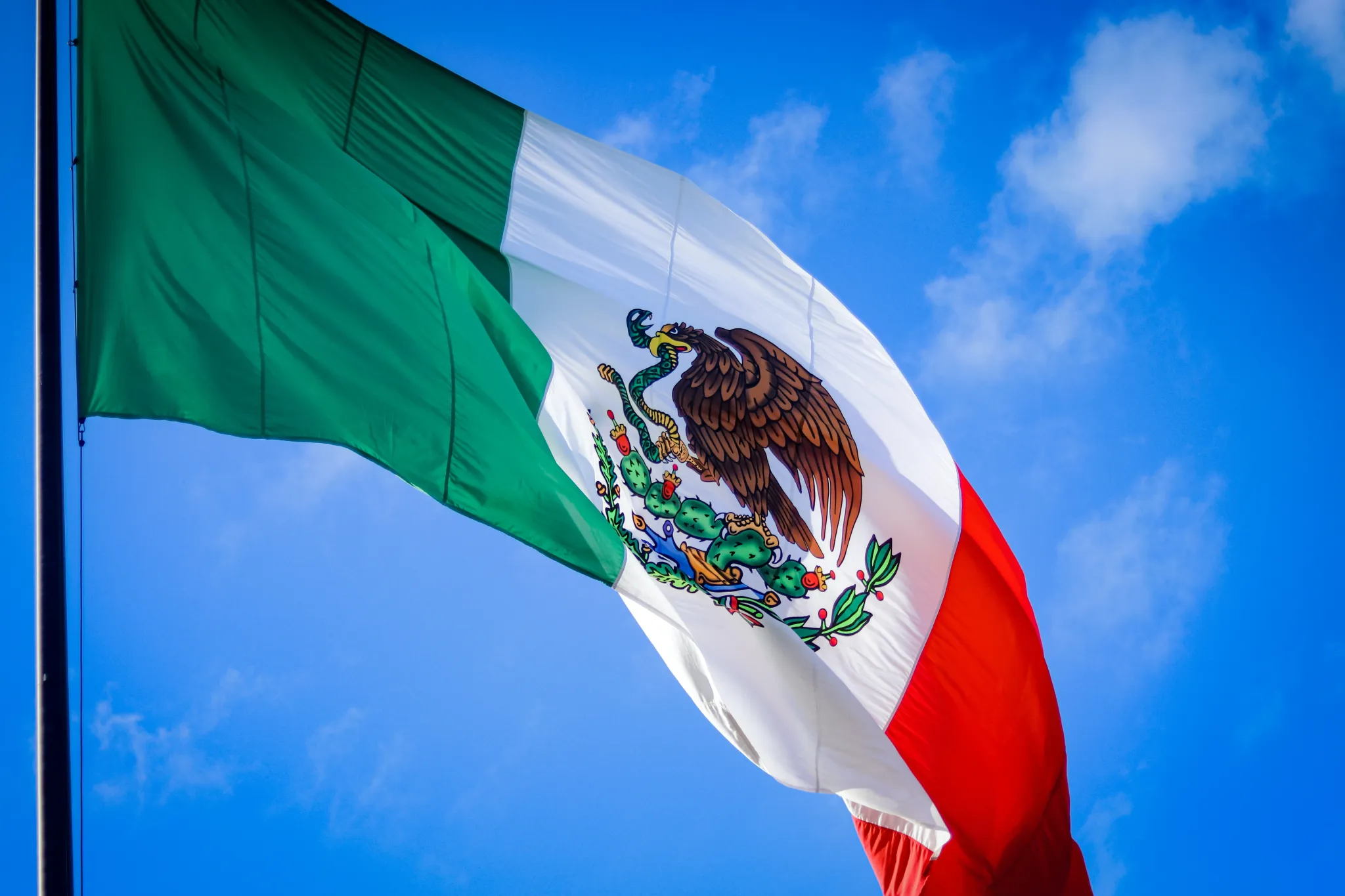A dark shadow has fallen over the integrity of election procedures ahead of the crucial contests of 2024

It was not until 1996 that Mexico freed itself from the curse of government-manipulated electoral processes that cast doubt on the democratic legitimacy of even the most widely supported of its successive post-revolutionary governments. Three basic innovations made all the difference - i) the electoral register and the management of the voting booths (casillas) was detached from government control and assigned to a constitutionally protected and neutral agency (the IFE-now the INE); ii) a multi-party system distributed funds and free television spots in proportion to the votes received by each IFE-recognised grouping; iii)electoral dispute resolution passed from the governing authorities to the IFE and an accompanying specialised electoral court.
Disclaimer: Opinions expressed in this commentary are those of the author and do not necessarily represent the institutional position of International IDEA, its Board of Advisers or its Council of Member States.
On the basis of these foundations federal power passed peacefully to an opposition party in 2000, and successive alternations took place routinely over the ensuing two decades. Admittedly some irregularities persisted, and when Andres Manuel Lopez Obrador (AMLO) was narrowly defeated for the presidency in 2006 he refused to acknowledge his loss. But overall 21st century Mexico registered remarkably high levels of electoral integrity that were a striking contrast to the sorry track record of the preceding century.
Relatively trustworthy recent elections include the elevation of AMLO to the presidency in 2018, with a majority for the three-party coalition led by his own new party (MORENA), and followed by mid-term congressional elections in 2021 where again his coalition secured a majority- but not the two thirds required to enact constitutional reforms on its own. However, this year AMLO and MORENA have turned their attention to the reform of the electoral and party systems, impelled no doubt by the imminence of the forthcoming test of their resilience in the 2024 round of presidential and congressional contests. Then, in the final weeks of 2022, they chose to bulldoze through a dramatic package of institutional innovations that cast severe doubt over the prospects for a fair and competitive test of public support when the current sexenio comes to a close.
To be clear, it was reasonable to examine the case for significant political reforms ahead of the next competition, and if these were to be agreed it was justified to act well in advance of the foreseeable deadline. The problem that has arisen concerns not this decision in principle, but only the shortsighted, procedurally damaging (and indeed reckless) manner of its implementation. Among the defensible points raised by the authorities there was the high cost of the 1996 system, and the excessive size of the two chambers. More debatable, but still tenable, complaints concerned aspects of the INE's structure and conduct that jibed with the government's opinions and priorities. Such matters might well have been raised and resolved through well-calibrated initiatives and broad-based negotiations that preserved the benefits of electoral integrity while incorporating adjustments and improvements.
As it has turned out, however, the chosen process of reform is proving both divisive and destructive.At this point the precise terms of the institutional upheaval are still uncertain (and the final outcome will include a range of unconstitutionalities that require consideration by the Supreme Court - if it can be induced to take on those challenges). But it is already apparent that the reforms will prove prove severely sub-optimal, and possibly outright dysfunctional.
On the procedural side, AMLO began by submitting a radical package of constitutional reforms to the Congress. He may have hoped that one of the opposition parties would waver, but the consequent demonstration of large scale public protest and resistance unified them, rendering the two-thirds majority unattainable. This forced the abandonment of crucial elements of the government's proposal, such as a big cut in the size of the bicameral legislature, and the replacement of appointed INE directors by directly elected substitutes. But the authorities ploughed on anyway.
Next a 'Plan B' compendium of measures that could be enacted by simple majority were tabled instead. The lower house responded by enforcing a "fast track" process to rush the entire complex array of measures through against all opposition in time for the Christmas recess. This involved an omnibus vote that took place within a matter of hours, and precluded the legislators from even reading, let alone debating the laws they were enforcing. (It is important to note that such disregard for the core function of a legislature was not that new. Previous governments of other complexions had also practiced similar abuses, with the predictable result that some earlier reforms, like this one, had lacked societal buy-in and therefore proved reversible).
The Plan B package was then passed to the Senate, where a more complex, but no more responsible, process of enactment has just unfolded. Senator Ricardo Monreal, the head of the MORENA contingent in the upper house, and a contender for that party's nomination to the presidency in 2024, is a constitutionalist who found the time to read the whole proposed text and then issued a 300 page assessment in which he identified 21 areas of unconstitutionality.
The Government accepted six of his objections, but that left 15 unresolved matters. In his personal capacity he therefore voted against hid party and its allies, so that the revised government text was in principle adopted by 69 votes to 53. However, 1,200 matters were classified as "reserved"with the consequence that virtually the entire text became subject to detailed review. The lower house then was then tasked with reviewing the resulting mishmash.This undermined the cohesion of the original government project, and increases the scope for subsequent conflict and court review.
Substantively, therefore, the emerging dispensation will be poorly articulated and seems unlikely to fully satisfy any of the parties who have jointly crafted it. Whatever the. resulting details the big picture is already clear.The highly regarded INE has been battered and downgraded. Its funding will be seriously reduced, and its capacity to perform such crucial functions as maintaining an up to date and accurate electoral register, and training the hundreds of thousands of operators needed to staff the casillas, has been gravely undermined.As a result of this legislative assault the crucial 2024 elections will be less trustworthy and more disorderly than before.
Given the foreseeable harms that follow from this process, and the partisan hostilities it is provoking, the obvious question is why AMLO and MORENA chose this as their highest policy priority, and held to that course with such obtuse inflexibility. The opposition charge that AMLO is aiming to restore a dominant party monopoly comparable to that of the twentieth century PRI is a false trail. A better interpretation would focus on the widening gulf between what his "Fourth Transformation" purports to achieve and what it is really on course to deliver. That is is crucial puzzle that has been dramatised by the latest confrontation. It is a challenge worth addressing more fully at a later time.




